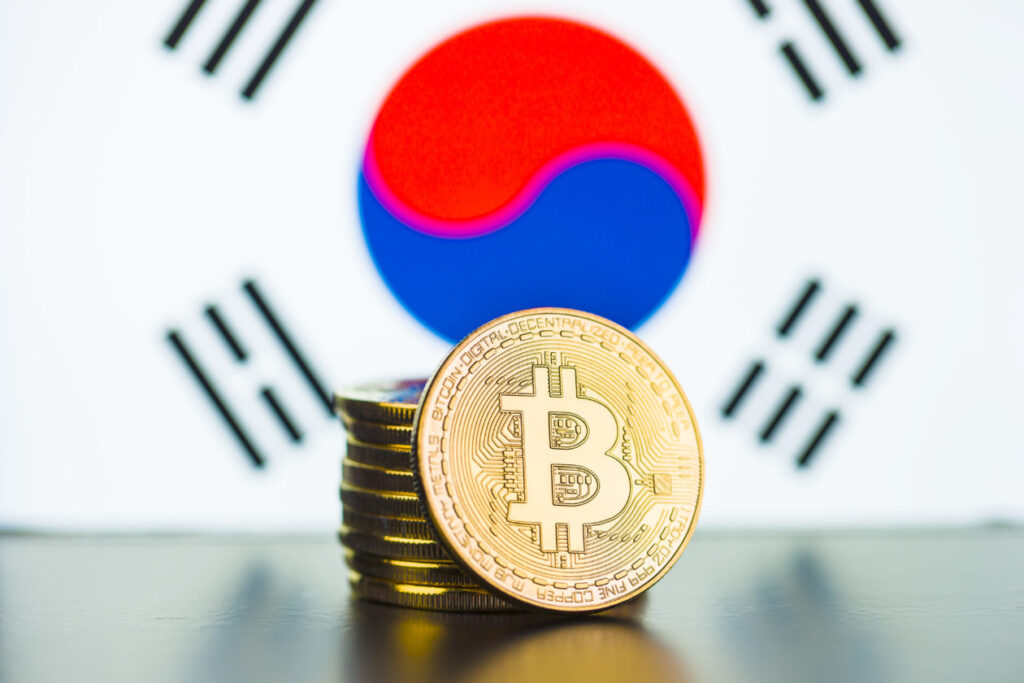South Korean exchanges‘ inspection of 600 tokens post-virtual asset law implementation next month triggers panic and altcoin price declines, despite government assurances of non-involvement.

A South Korean news outlet has announced that 600 tokens will be inspected by exchanges following the implementation of the virtual asset law, which is scheduled to take place next month.
This has led to a substantial decrease in the prices of altcoins and a state of despair. The South Korean government clarified that it is not actively involved in the review process to reassure the public.
Unfounded rumors of “delisting” related to altcoins caused the prices of dozens of virtual assets to plummet in anticipation of the implementation of the Virtual Asset User Protection Act (Virtual Asset Act) next month.
The law’s objective is to safeguard users and establish a structured framework for virtual asset transactions; however, it has inadvertently incited alarm among investors.
After financial authorities announced their intention to conduct quarterly reviews of 600 domestic cryptocurrencies beginning next month, investors, in a state of despair, sold off virtual assets in droves.
On June 18, rumors regarding prospective delistings were rapidly disseminated across social media and coin communities, resulting in substantial price drops for numerous altcoins, according to industry sources.
Approximately 50% of the coins that were traded against the Korean won on the Upbit exchange experienced declines ranging from 10% to 20%. The upcoming inspection will evaluate the compliance of coins with the “transaction support best practices” listing standards. Cryptocurrencies that are problematic may be delisted, which could exacerbate investor concerns.
The review criteria encompass both formal and qualitative requirements. The issuer’s credibility, regulatory compliance, user protection, and technological security are all formal aspects.
Qualitative factors evaluate the total supply, distribution plans, and any modifications to the business plan. Nevertheless, financial authorities emphasized that they are not actively involved in the review process.
The Financial Supervisory Service clarified that the information in question was supplementary material that was submitted to the National Assembly during the passage of the Virtual Asset Act. The Financial Supervisory Service was requested by the National Assembly to assist in the establishment of unified listing standards for cryptocurrency exchanges.
Although financial authorities supervise virtual asset operators, they do not conduct direct evaluations of individual tokens. They contributed to the development of best practices; however, they underscored that any announcements will be made by the exchanges and the Digital Asset eXchange Alliance (DAXA).
The exchanges clarified that the recent substantial price decline was the result of investors’ premature overreaction before the law’s enforcement. They stated that mass delistings are improbable, citing the frequent circulation of unfounded lists of potential delistings in related communities, particularly for “Kimchi Coins” with high domestic trading volumes.
The Financial Supervisory Service advised investors to be cognizant of the dangers, as a significant number of altcoin investors lack adequate information regarding their investments.
An official emphasized the significance of responsible investing, cautioning that investors should take into account the sustainability of their investments and risk factors.
